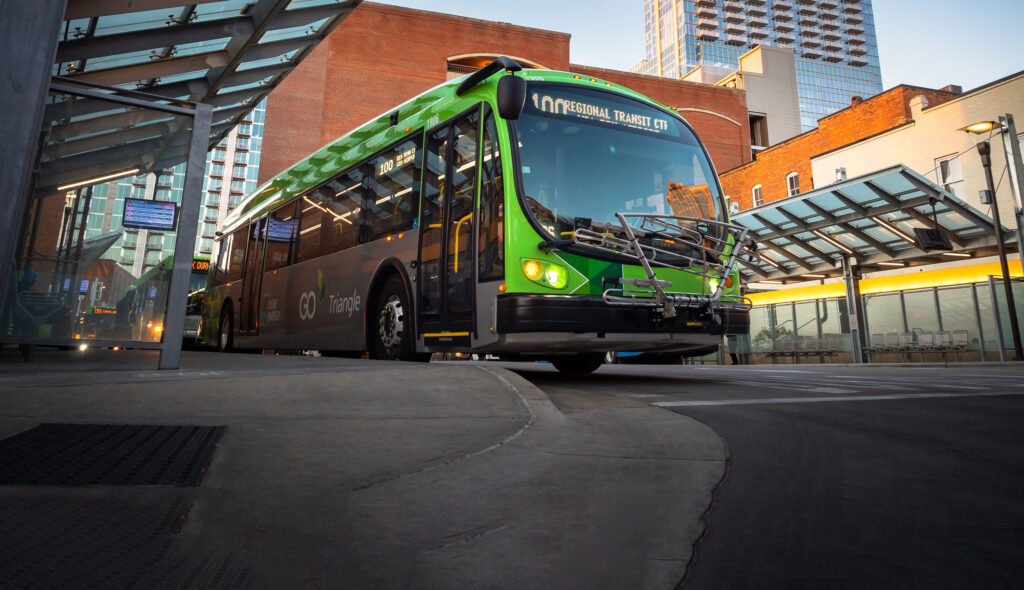
Transportation
Before you purchase a used car, always check its history. The best place to do this is CARFAX.
CARFAX collects comprehensive records from every DMV across the US, including:
- Mileage readings
- Liens and title issues
- Salvage and accident history
- Service records
- Insurance claims
- Ownership history (private, rental, commercial use)
They gather information from dealerships, service centers, insurance companies, panel shops, tire centers, police reports, auctions, and even manufacturers’ “buy-back” (lemon) records. Rental companies, fleet managers, and consumer reports also contribute data so you get the full picture.
Just enter the vehicle’s VIN or license plate number and state to get an up-to-date report on the car you’re interested in.
Remember: There is a fee for this service, but it’s well worth the peace of mind. Do your homework first, then use CARFAX to verify the vehicle’s condition. And don’t be shy – tell the seller you’re getting a CARFAX report!
Things to Know Before You Buy:
- There is no federal “cooling-off” period for vehicle purchases in the US.
- Dealership return policies vary widely. Never assume you can return or exchange a car after signing. Some dealers offer returns, but these are not required by law.
- Most used cars are sold “As Is,” meaning no guarantees – but don’t expect legal protections like “Voetstoots” or “Voetsek.”
- “Lemon Laws” only apply to new cars with serious defects affecting safety or value, not used vehicles.
- “Buy Here, Pay Here” lots finance their own loans, often charging very high interest and rarely offering maintenance or warranties. If the car breaks down, it’s usually on you.
Licensing, Registration, and Insurance Basics:
- The US does not use license disks like some countries. Instead, you get a “tag”, which is a sticker attached to your license plate showing your registration is current.
- Vehicle registration is done by the title holder (usually the owner). If the car is financed, you may receive a registration card from the lender.
- Insurance is mandatory. Driving without insurance can lead to fines, license suspension, and even jail time.
- In case of an accident without insurance, be prepared for severe financial hardship – you could be stuck with massive bills for years.
Used Cars
Looking for a used car in North Carolina? Edmunds offers a helpful online listing where you can browse thousands of used vehicles across the state. You can filter by things like price, mileage, and car type to find options that fit your needs. Each listing includes detailed info and reviews to help you feel confident about your choice. It’s a great place to start your car search with ease.
GoTriangle Public Transportation
GoTriangle is the main public transit system connecting Raleigh, Durham, Chapel Hill, and nearby areas in North Carolina’s Research Triangle. They offer bus routes, commuter shuttles, and services for those with mobility needs. Whether you’re commuting, running errands, or exploring the region, GoTriangle helps you get around easily. Their website has all the info you need on routes, schedules, and fares.
Department of Transportation
North Carolina’s Department of Transportation provides up-to-date traffic and travel information to help you plan your trips. On their site, you can find real-time updates on road conditions, closures, construction, and weather alerts. There’s also a 511 phone line you can call for live traffic reports. Checking these resources before you travel can make your journey smoother and safer.
